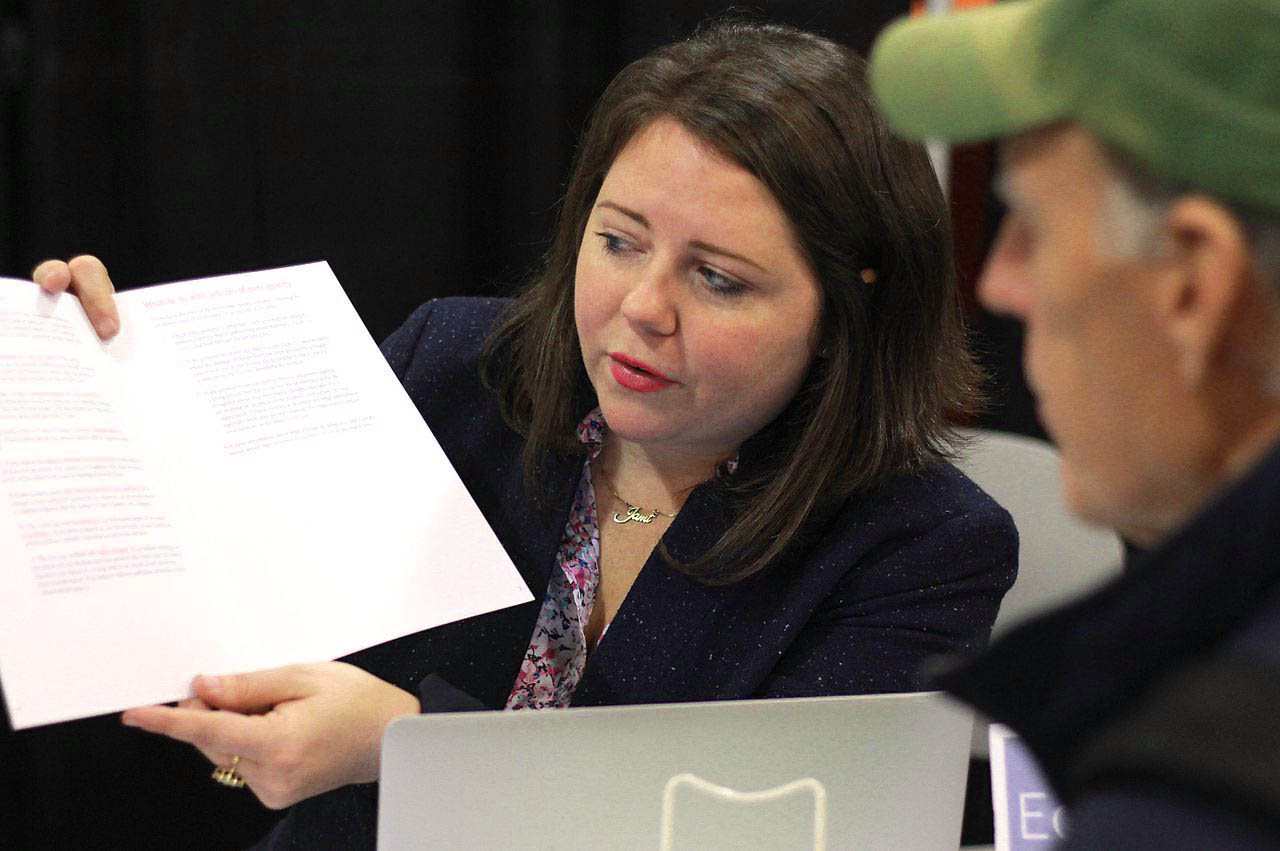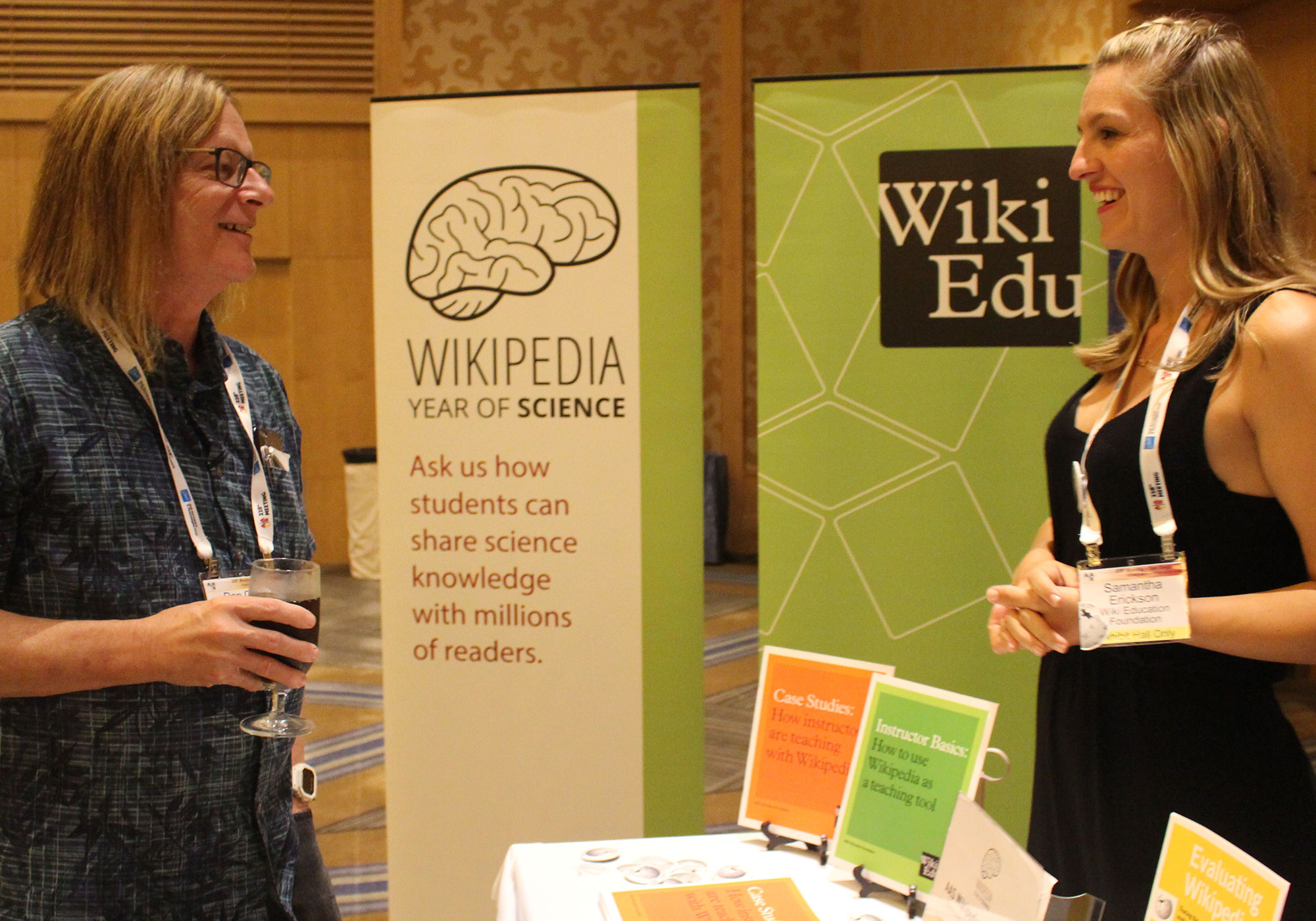 June 1, 2017
June 1, 2017
 June 1, 2017
June 1, 2017
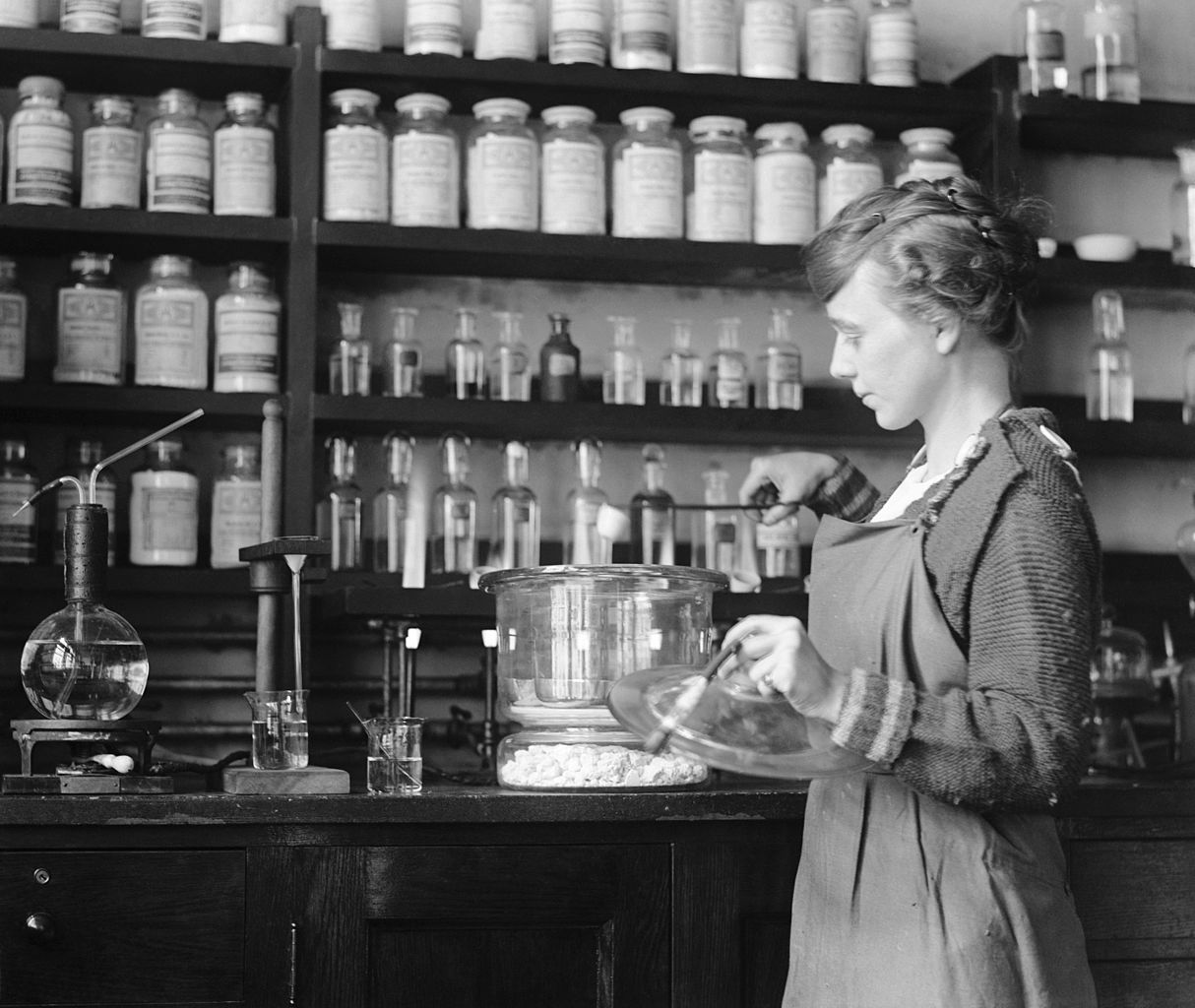 April 20, 2017
April 20, 2017
Women Scientists in Blue During the Year of Science
Read More...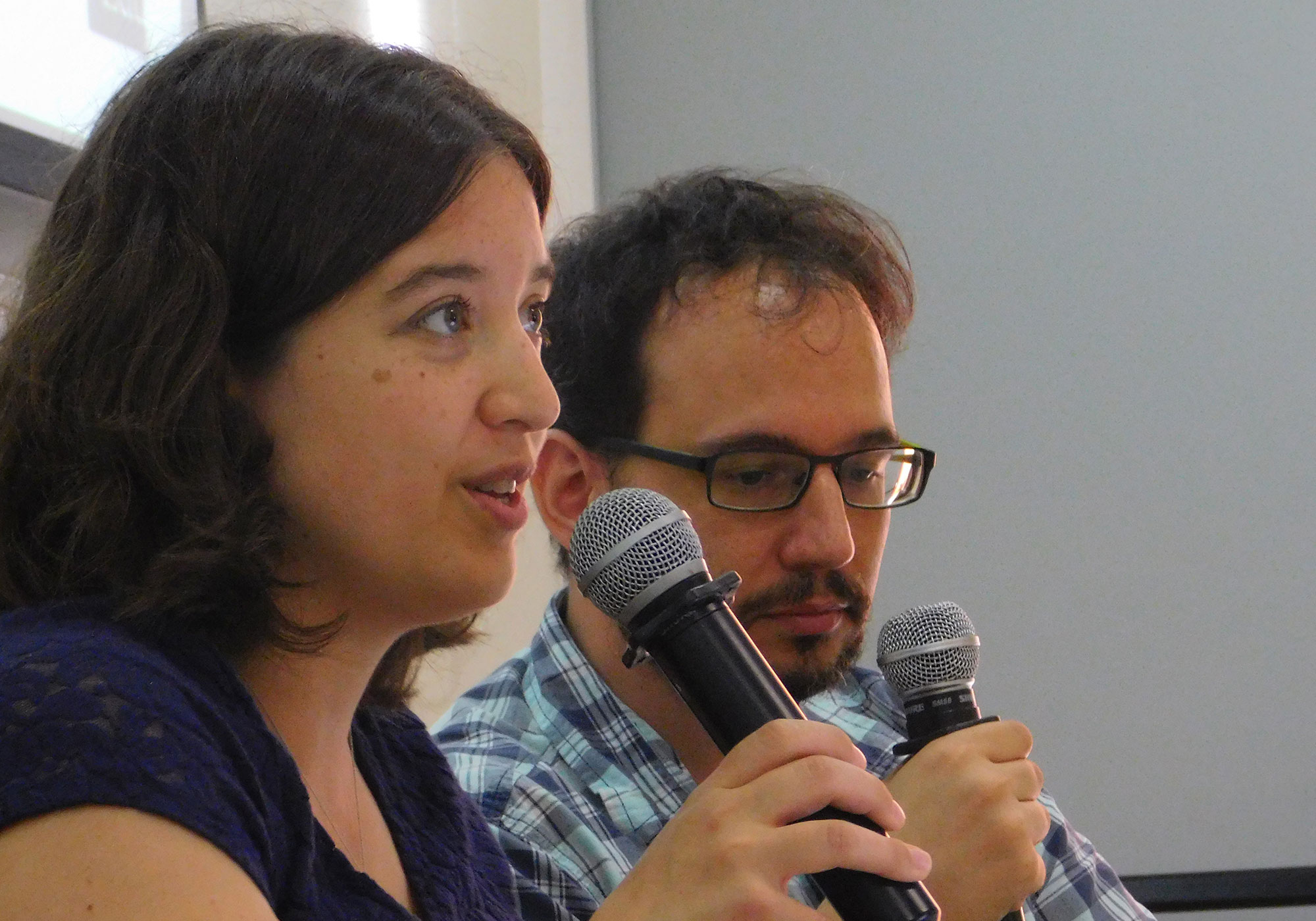 March 20, 2017
March 20, 2017
Encouraging education work in Brazil
Read More...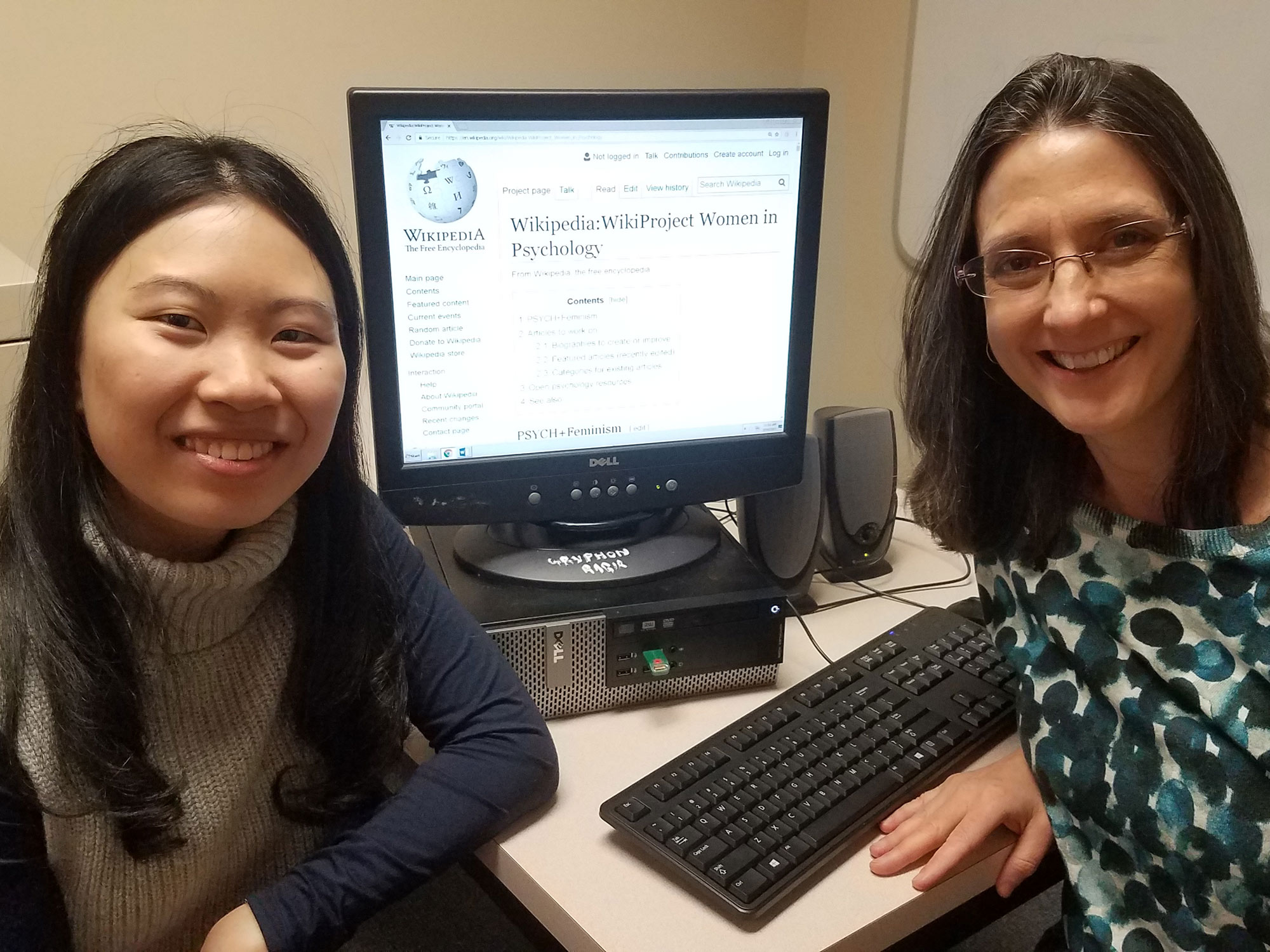 March 17, 2017
March 17, 2017
Overcoming barriers to engage psychology students in the PSYCH+Feminism Initiative
Read More...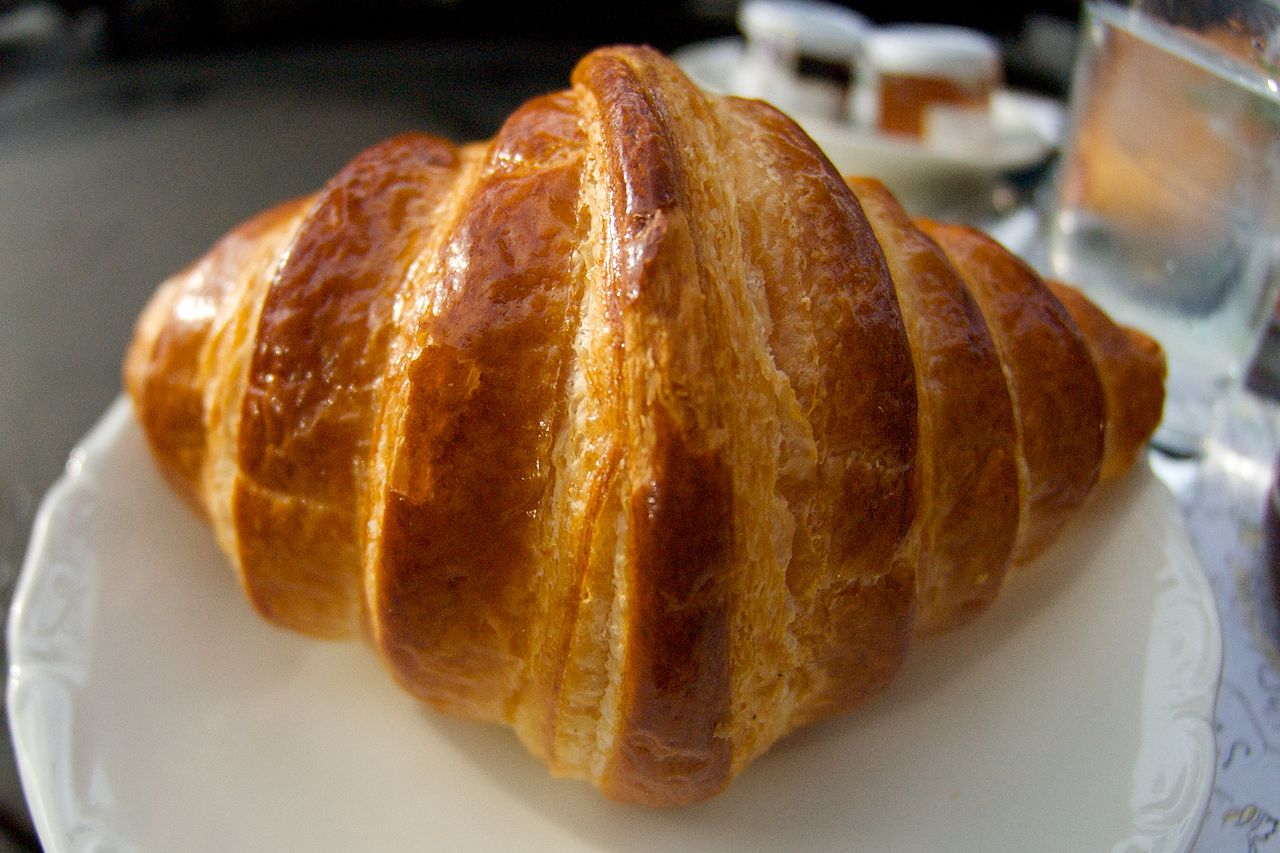 March 7, 2017
March 7, 2017
Roundup: Disulfide Bonds for Dessert
Read More...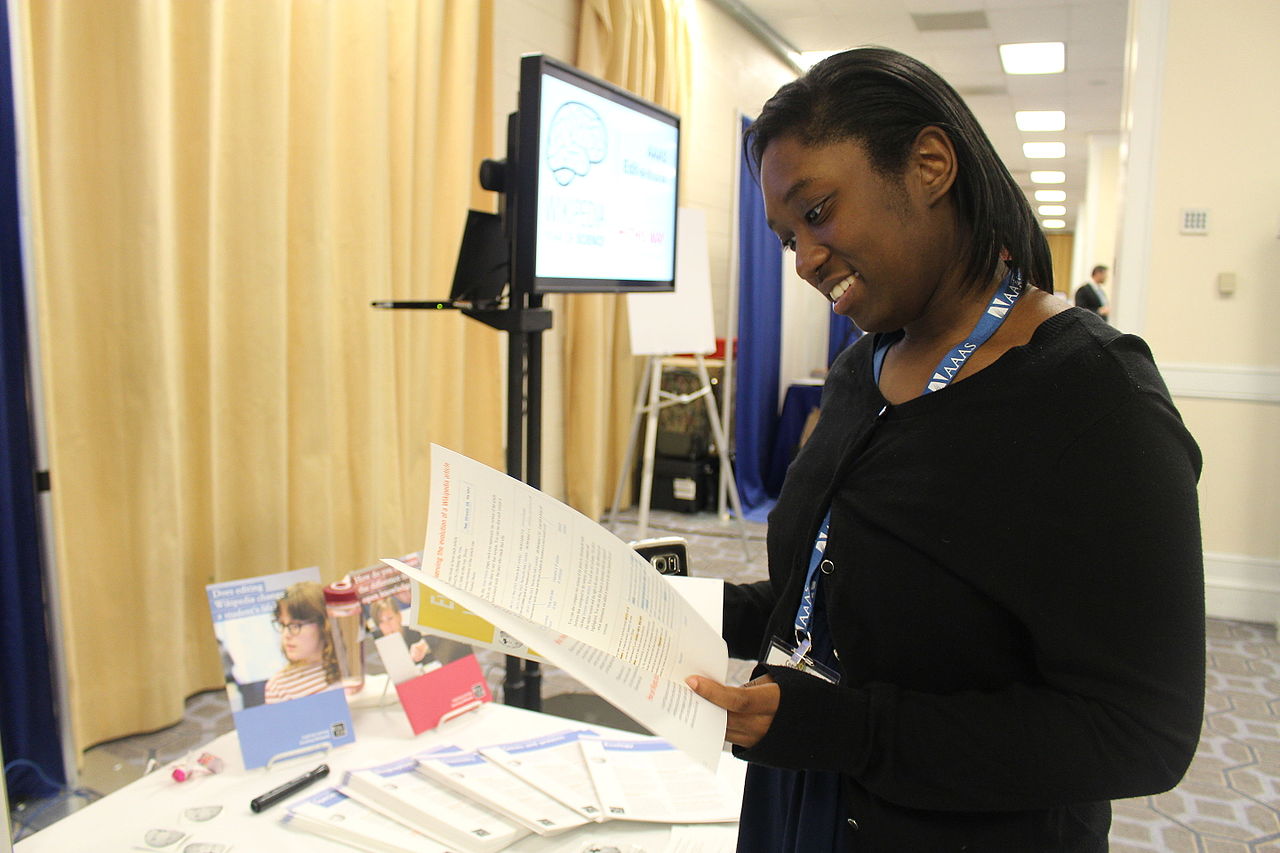 February 16, 2017
February 16, 2017
Join us at AAAS!
Read More...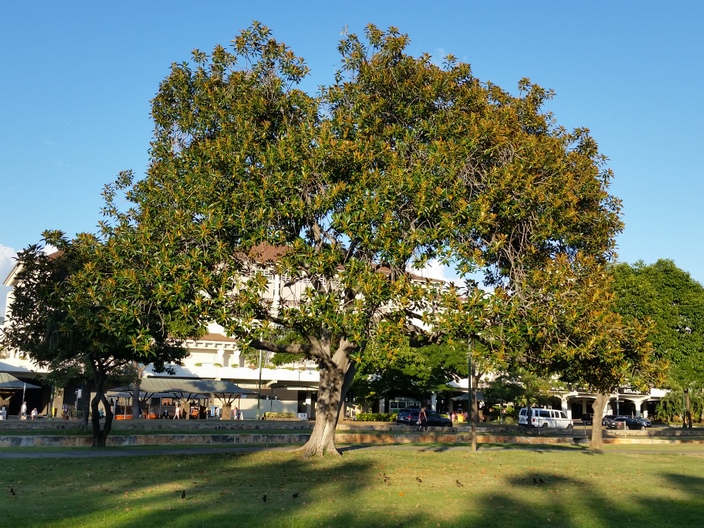 December 31, 2016
December 31, 2016
Highlighting Wikipedians’ contributions to science articles in the 2016 WikiCup
Read More...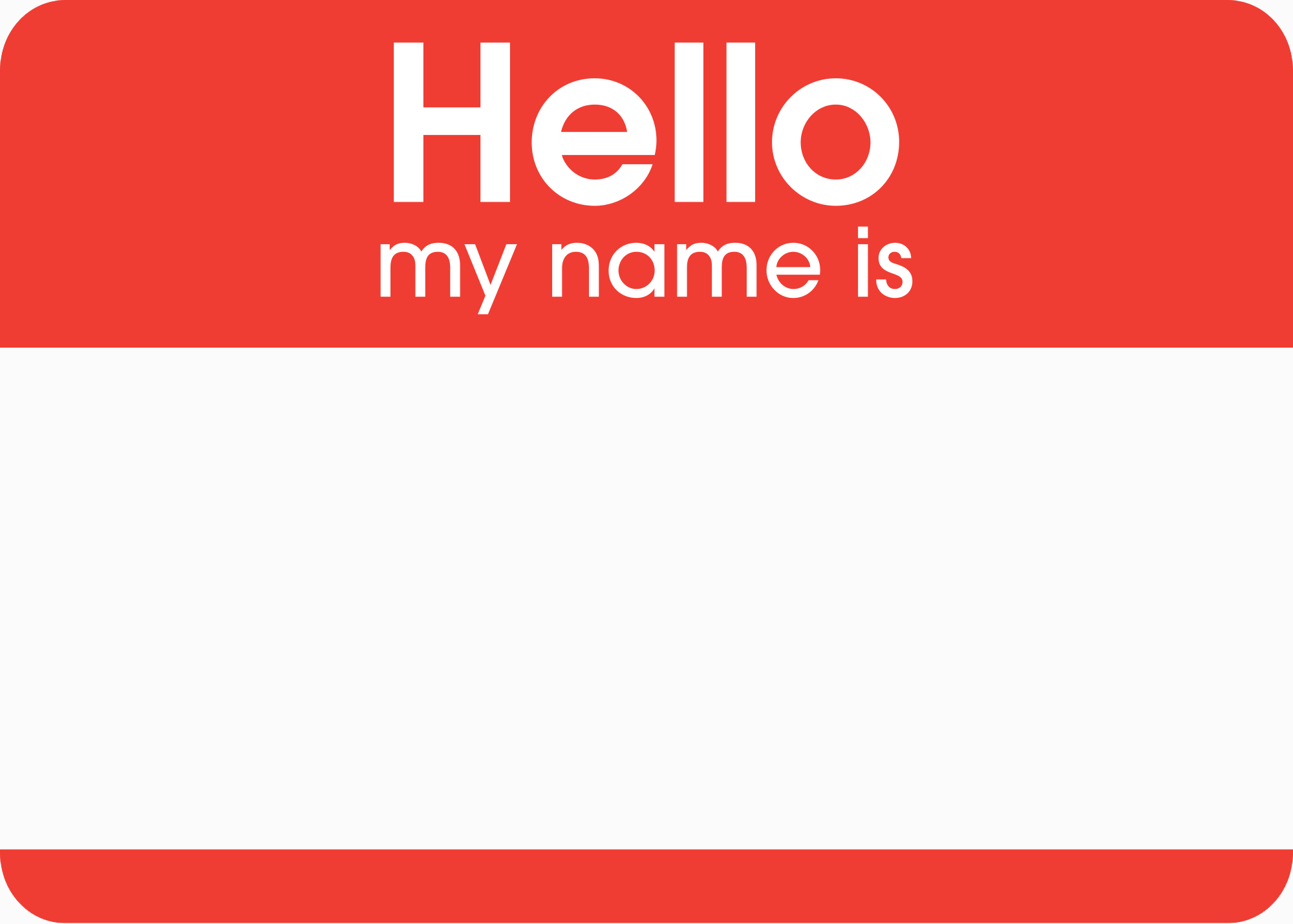 December 12, 2016
December 12, 2016
